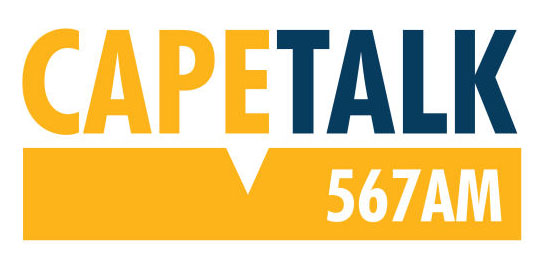The recent case involving billionaire Dr. Wiese and his associates illustrates how the Supreme Court of Appeal (“SCA”) enforces the regulations of the Tax Administration Act, No. 28 of 2011 (“TAA”), demonstrating there is no escape for those who facilitate the evasion of tax obligations and in particular in dissipating a taxpayer’s assets where a debt is due to SARS.
Significant Legal Setback
Billionaire Dr. Wiese and three other defendants, including a former Edward Nathan Sonnenbergs (“ENS”) executive, encountered significant legal setbacks when the SCA upheld a judgment against them in favour of the South African Revenue Service (SARS). The SCA agreed with both SARS and the High Court, affirming that further litigation is required to determine if the defendant’s knowingly obstructed tax collection. If found guilty, they will be required to pay a substantial sum of R216 million to SARS. There can of course be a criminal element where SARS finds facts to support taking this all the way. However, there is also the possibility that the defendants may approach the Constitutional Court, who seems to have developed an appetite for taking on tax matters lately.
Understanding the Tax Debt
SARS approached the High Court seeking an order that declared the defendants, including Dr. Wiese and a former executive of ENS, jointly and severally liable to pay R216 million under section 183 TAA., which states –
“183. Liability of person assisting in dissipation of assets.—If a person knowingly assists in dissipating a taxpayer’s assets in order to obstruct the collection of a tax debt of the taxpayer, the person is jointly and severally liable with the taxpayer for the tax debt to the extent that the person’s assistance reduces the assets available to pay the taxpayer’s tax debt.” (emphasis added)
SARS contended that the defendants knowingly assisted Energy Africa (Pty) Ltd (“the taxpayer”) dissipate its sole asset, a loan claim, to its holding company on 19 April 2013. This action occurred after SARS informed the taxpayer and its advisors on 16 November 2012 that it would issue assessments for the 2007 tax period to recover unpaid taxes. By 21 August 2013, SARS had issued additional assessments, including capital gains tax amounting to R453,126,518 (“CGT debt”) and secondary tax on companies amounting to R487,205,316 respectively (“STC debt”), plus interest and penalties. In September 2013, SARS was notified that the taxpayer lacked the funds to settle the tax debt. On 29 May 2014, a commitment was made to SARS that no further appeals would be filed, effectively accepting the assessment as accurate. By April 2016, the taxpayer had been liquidated and no longer existed.
High Court Ruling
Initially, it was determined whether a “tax debt” existed under section 183 of the TAA before deciding the defendants’ liability. The defendants argued that the applicability of section 183 of the TAA depended on the existence of a “tax debt,” which they claimed did not exist until SARS issued an assessment on 21 August 2013, after the dissipation on 19 April 2013. However, the High Court ruled that “tax debt” broadly means “an amount of tax due or payable,” asserting that the CGT and STC debts should have been paid during the 2007 tax period, establishing a tax debt since then.
The SCA’s Confirmation
On appeal, the SCA confirmed that a tax assessment does not establish or impose a tax liability, as the liability exists by law, regardless of an assessment. The purpose of section 183 of the TAA is to hold third parties accountable who deliberately obstruct SARS from collecting a tax debt. While this judgment clarified the meaning of “tax debt,” further court proceedings will determine if the defendants knowingly assisted in the dissipation of assets to obstruct tax collection. If proven, section 183 of the TAA will apply, and the defendants will be jointly and severally liable to pay the tax debt to SARS.
Key Takeaways
The SCA’s judgment serves as a stark warning to tax advisors, lawyers, accountants, and company directors. We now have absolute clarity that a tax debt exists independently of an assessment, and under section 183 of the TAA, any third party, including tax advisors, lawyers, and accountants who deliberately impede the collection of a tax debt by assisting with the dissipation of assets, cannot evade responsibility by arguing that an assessment was not yet issued.
This case underscores the serious implications for professionals involved in tax planning and advisory roles. It emphasizes the need for due diligence and ethical conduct to avoid falling foul of the law and facing substantial financial and legal consequences.
![2025-logo-[Recovered] Tax Consulting South Africa](https://www.taxconsulting.co.za/wp-content/uploads/2025/01/2025-logo-Recovered.png)









